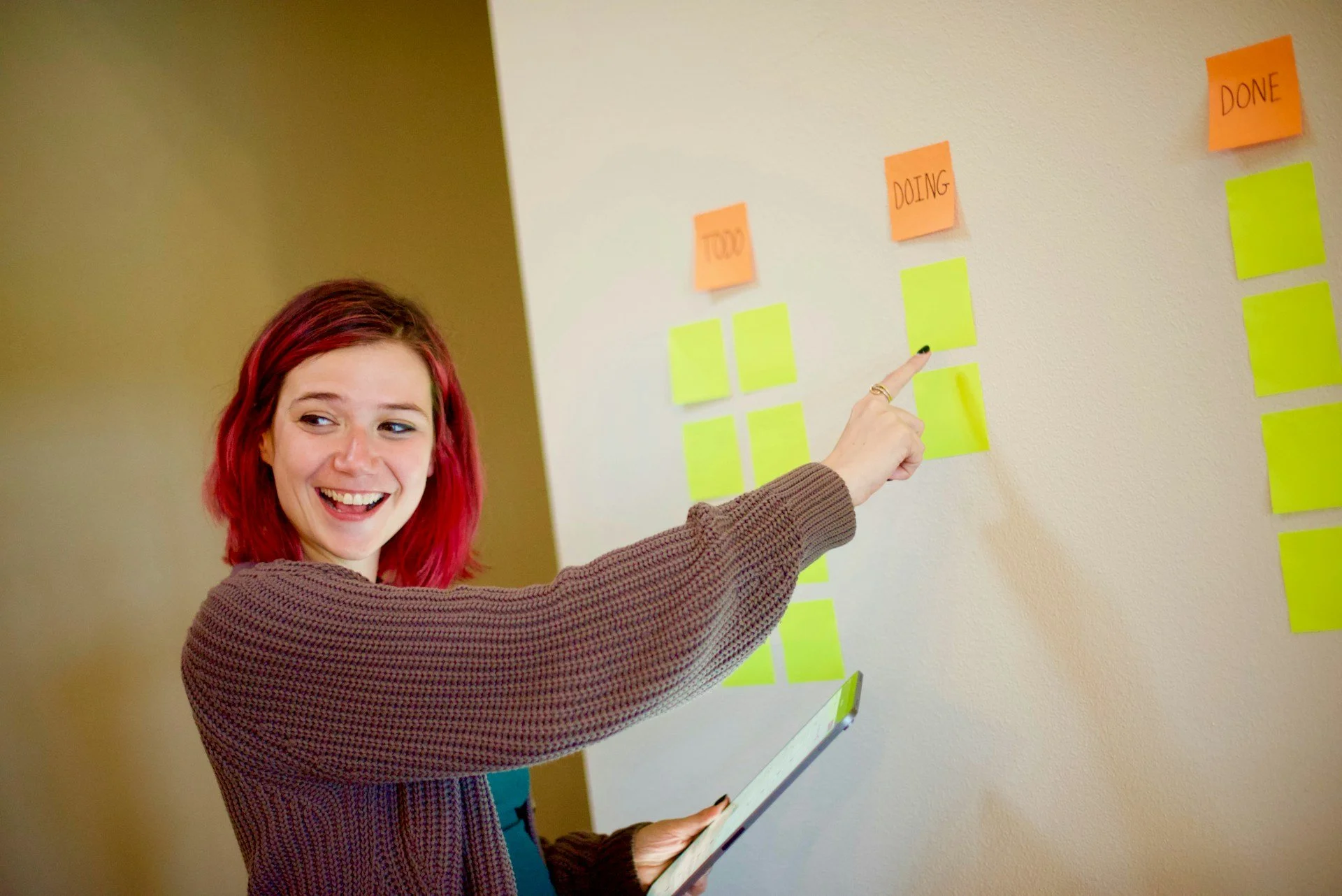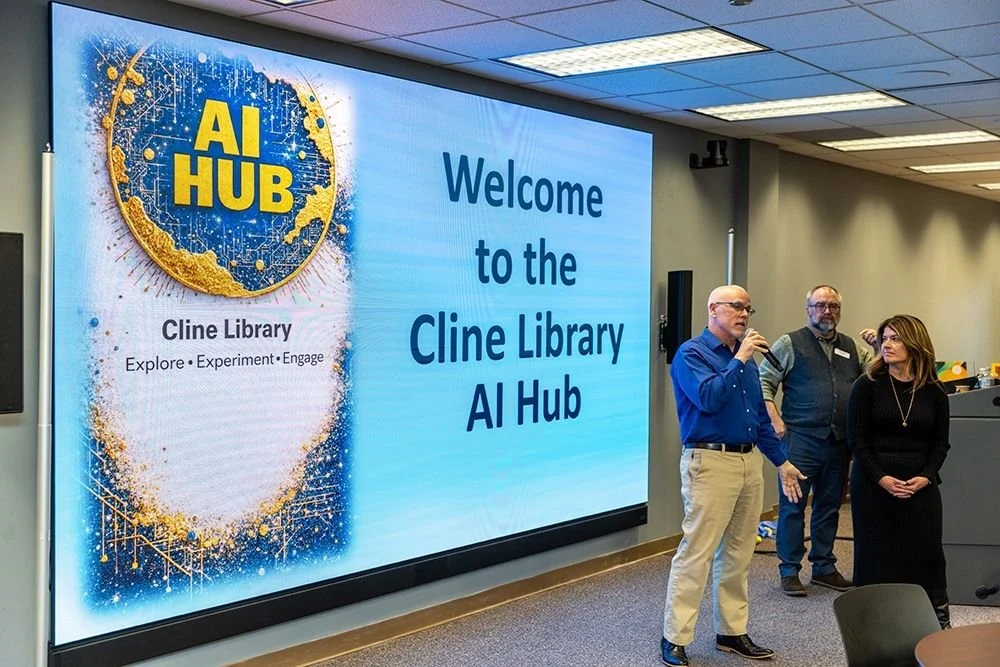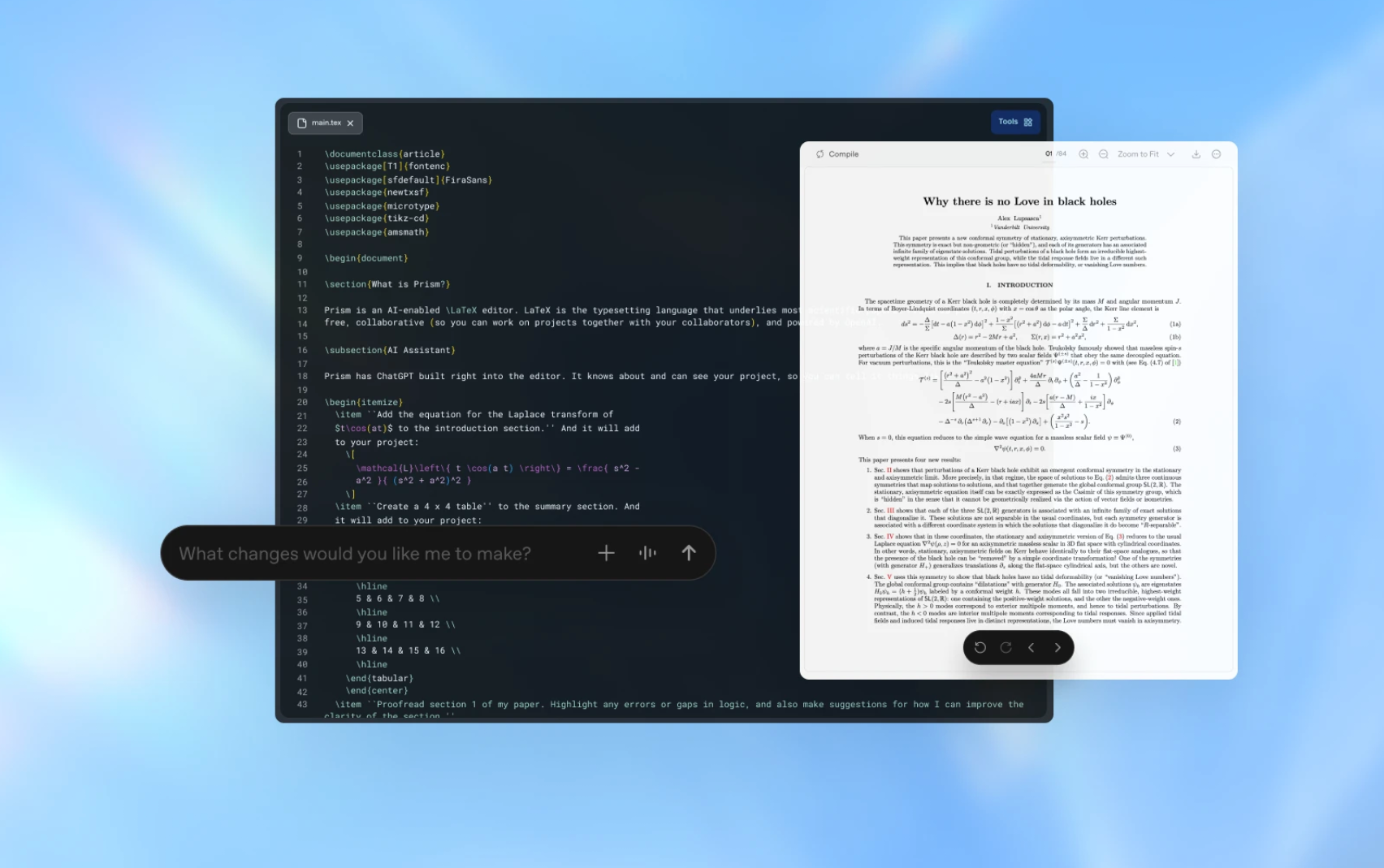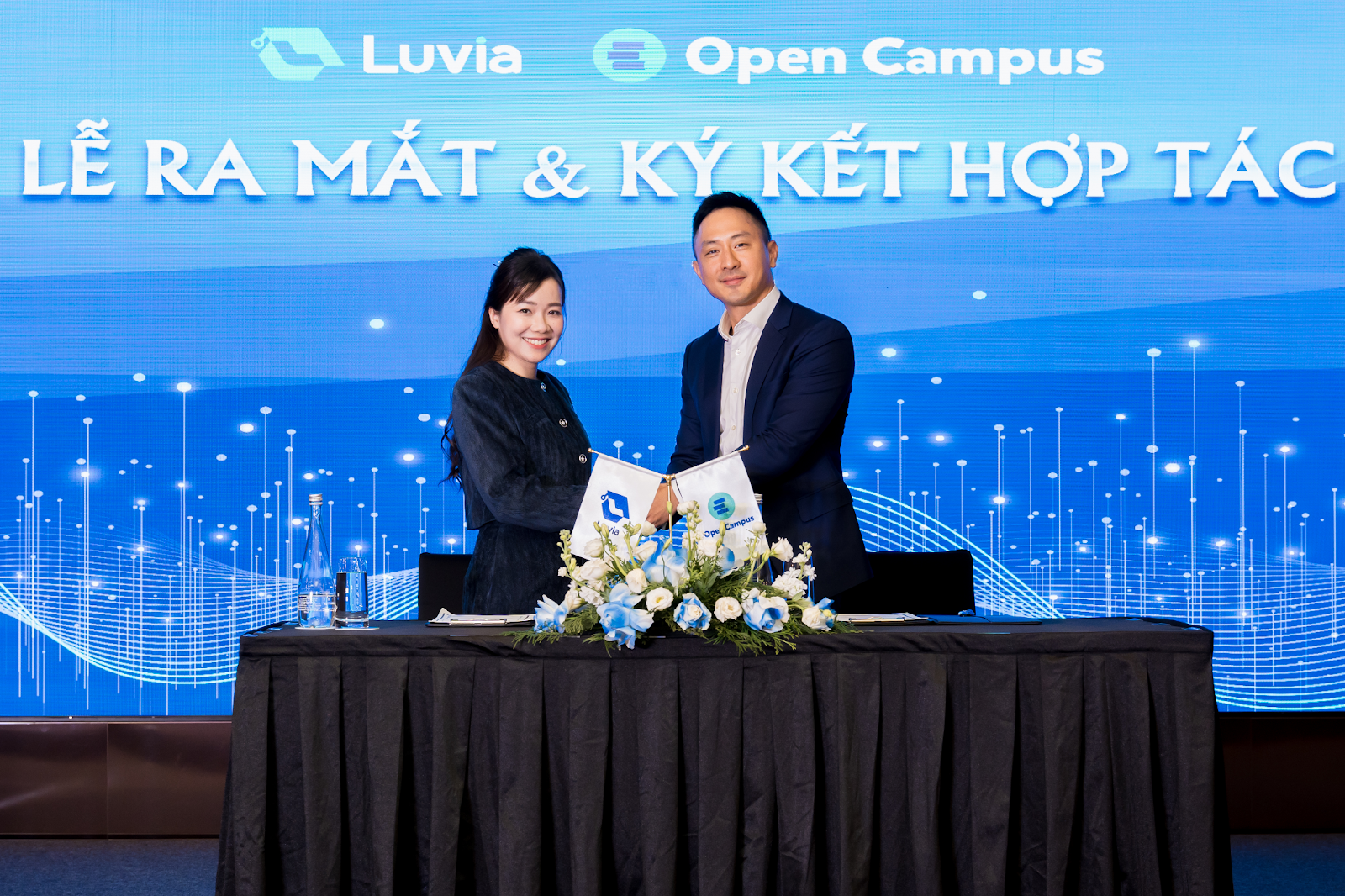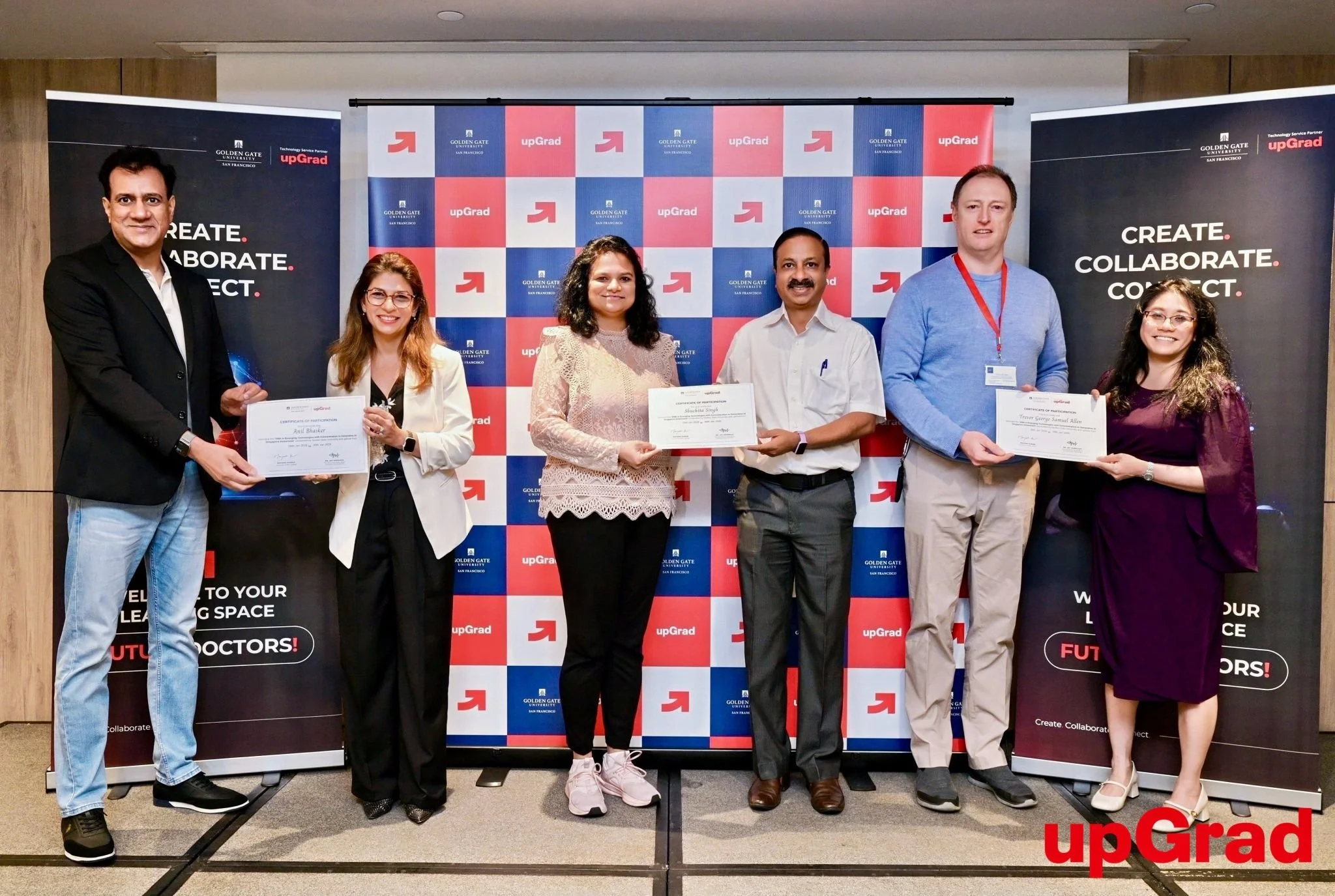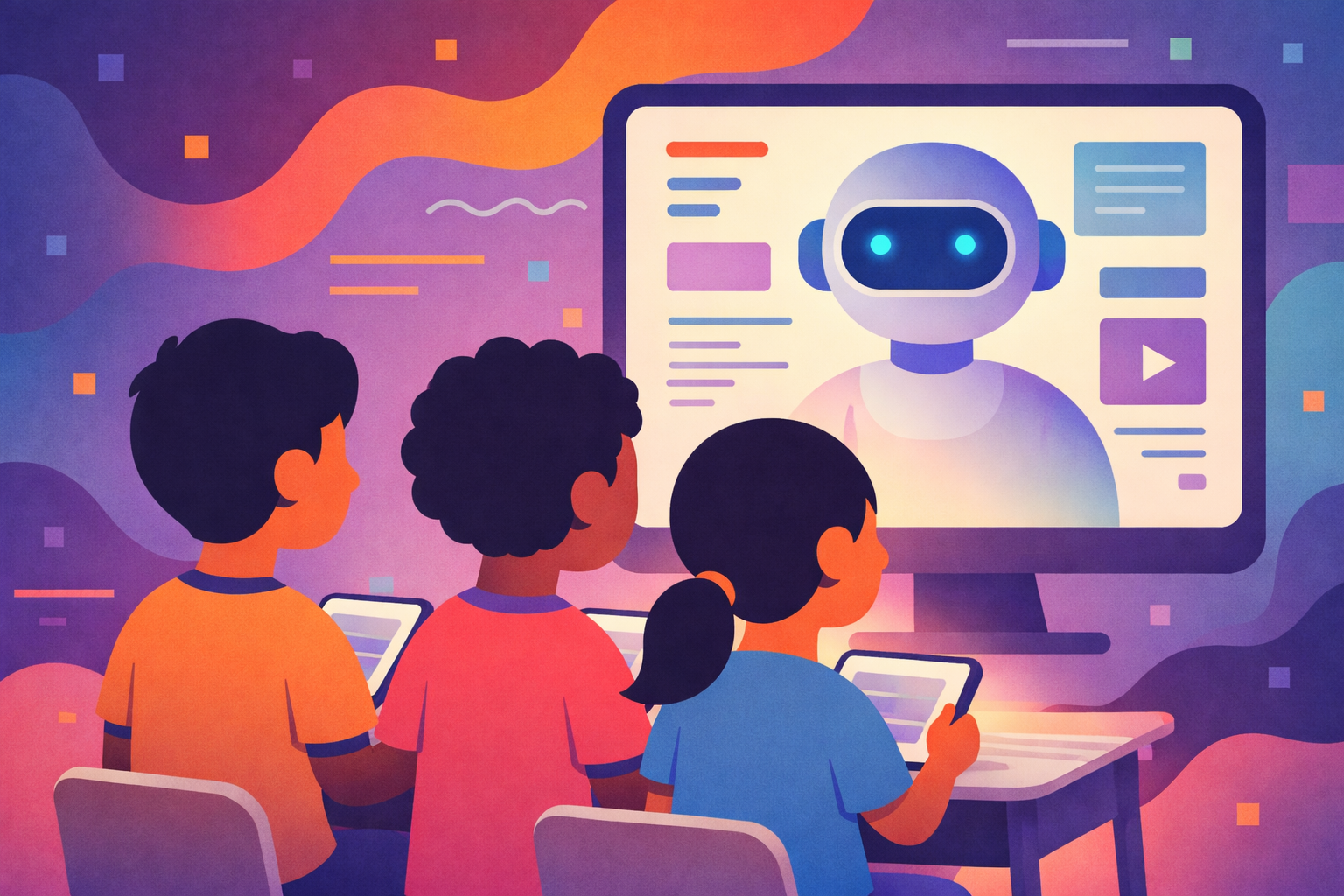MIT researcher explores human-AI interaction to improve online learning environments
Caitlin Morris, a PhD student and MAD Fellow, is studying how social behavior and community dynamics shape digital education.
Photo credit: Adelaide Zollinger
Caitlin Morris, a MAD Fellow and doctoral student at MIT Media Lab, began her learning journey far from the traditional classroom. Growing up in rural New York, she gravitated toward hands-on making and project-based communities to teach herself technical skills. These experiences informed her later work as an educator and researcher focused on how social interaction influences learning, especially in digital spaces.
“I think what kind of got me hooked on teaching was that the way I learned as a child was not the same as in the classroom,” says Morris. “And I later saw this in many of my students. I got the feeling that the normal way of learning things was not working for them. And they thought it was their fault. They just didn’t really feel welcome within the traditional education model.”
Her entry into coding came through online forums and creative platforms, where she followed community discussions and reverse-engineered public projects. “For me, that was this huge, wake-up moment of feeling like there was a path to expression that was not a traditional computer-science classroom,” she says. “I think that’s partly why I feel so passionate about what I’m doing now. That was the big transformation: having that community available in this really personal, project-based way.”
From creative coding meetups to research into online motivation
Before beginning her doctoral work, Morris co-organized MIT Media Lab’s Festival of Learning and led community events for creative coding enthusiasts. Her background includes teaching design and technology at the high school and university levels and contributing to interactive art installations with New York-based collective Hypersonic.
Her research today builds on that community-driven approach. At the Media Lab’s Fluid Interfaces Group, she is studying the limitations of AI-assisted learning tools by identifying what aspects of human interaction are irreplaceable.
“I’m developing a framework that combines AI-driven behavioral analysis with human expert assessment to study social learning dynamics,” says Morris. “My research investigates how social interaction patterns influence curiosity development and intrinsic motivation in learning, with particular focus on understanding how these dynamics differ between real peers and AI-supported environments.”
Designing tools to observe behavior and emotion in learning
Morris is creating prototype platforms that connect physical behavior with learners’ reflections. These tools are designed to assess how interaction style—whether with humans or AI—affects engagement and sense of agency.
“I’m creating tools that can simultaneously track observable behaviors — like physical actions, language cues, and interaction patterns — while capturing learners’ subjective experiences through reflection and interviews,” she says. “This approach helps connect what people do with how they feel about their learning experience.”
Her work contributes both to analysis frameworks and to practical tool development, aiming to support educators and designers building more human-centered digital learning environments.
Applying research to real-world education challenges
Morris’s long-term goal is to help community organizations and learning institutions respond to the increasing integration of AI in education. She is especially interested in how to manage the tension between digital efficiency and social connection.
“My years of organizing learning and making communities — both in person and online — have shown me firsthand how powerful social interaction can be for motivation and curiosity,” says Caitlin Morris. “My research is really about identifying which elements of that social magic are most essential, so we can design digital environments that better support those dynamics.”




